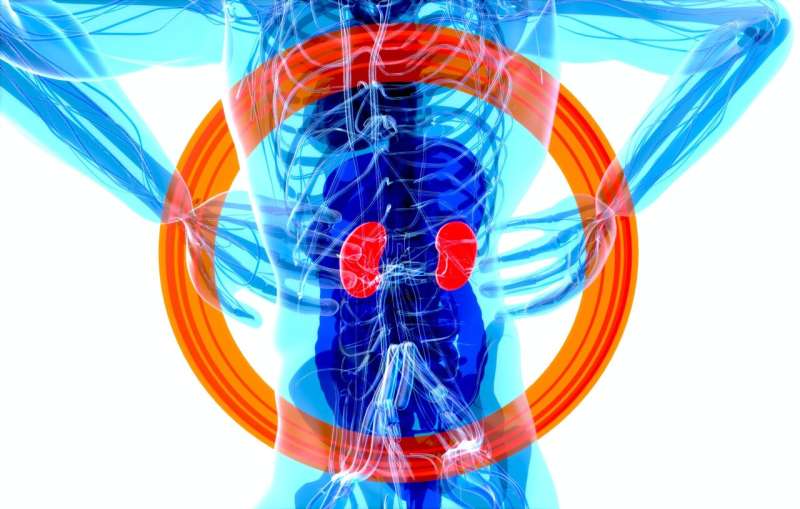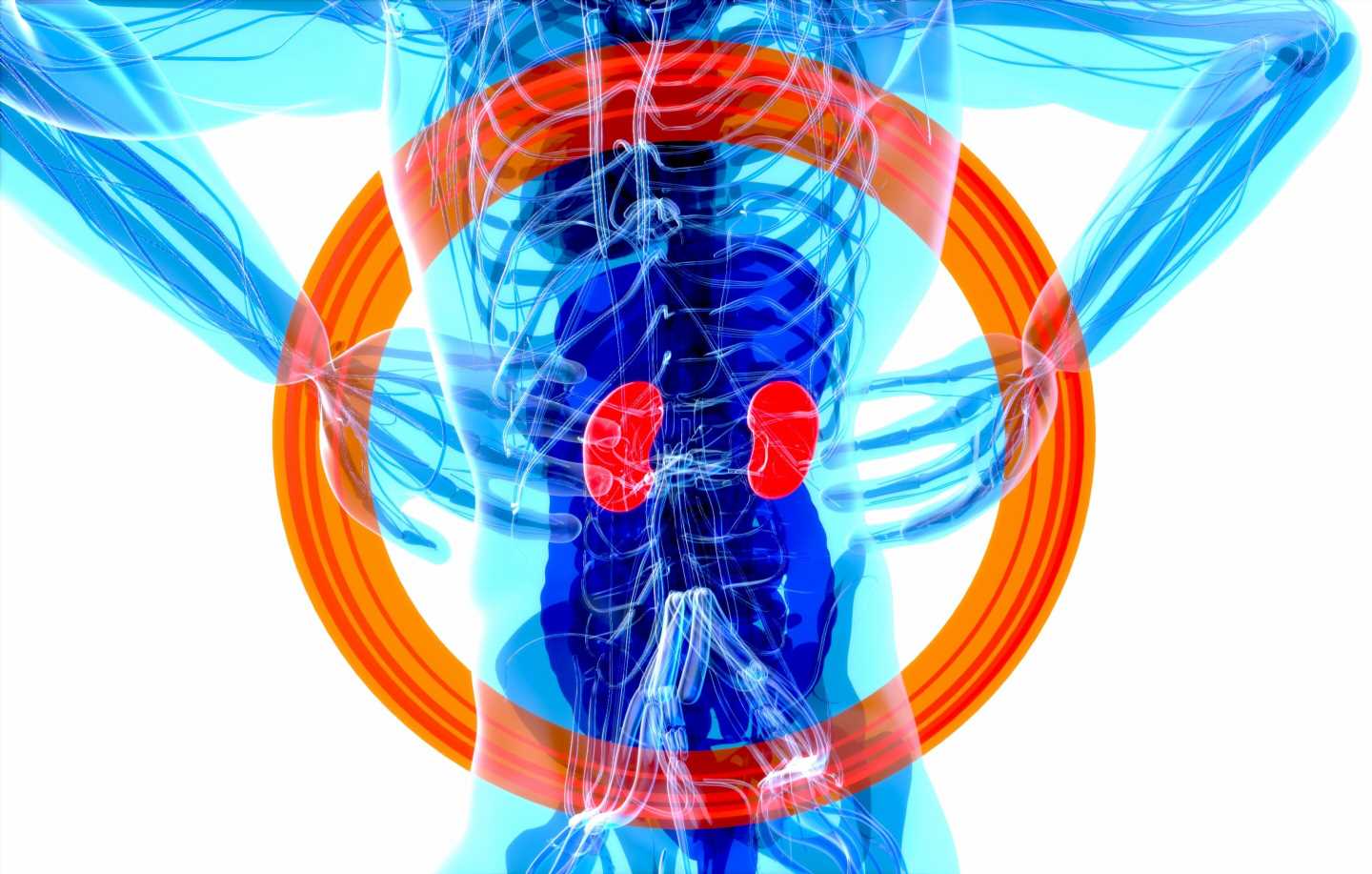
A recent study in Clinical Journal of the American Society of Nephrology (CJASN) provides an estimate of the proportion of working-aged kidney transplant recipients who are employed in the Netherlands and identifies characteristics that are associated with lower work functioning.
For many adults, work is an important aspect of life, providing not only income but also purpose, structure, social contacts, and other contributors to quality of life. Employment figures of stable kidney transplant recipients in Europe are inconsistent, and little is known about work functioning—the ability of a person to meet work demands—among employed kidney transplant recipients.
To investigate, Tim J. Knobbe, MD (University Medical Center Groningen) and his colleagues analyzed data from the ongoing TransplantLines Biobank and Cohort Study in the Netherlands and from community-dwelling employed adults in the country. The analysis included 668 kidney transplant recipients (59% male) at a median of 3 years after transplantation, 246 potential kidney donors (43% male), and 553 community-dwelling adults (70% male), all of working age.
The proportion of employed kidney transplant recipients was lower than potential kidney donors (56% vs. 79%). If employed, work functioning score of kidney transplant recipients was slightly lower compared with employed potential kidney donors, yet higher compared with community-dwelling employed adults. Lower educational level, having a kidney from a deceased donor, presence of tingling or numbness of hands or feet, presence of concentration/memory problems, presence of anxiety, and presence of severe fatigue were associated with lower work functioning among kidney transplant recipients. Additional analyses showed that work functioning scores were lower before transplantation than at 12 months after transplantation.
The findings indicate that despite side-effects of immunosuppressive therapy and a high prevalence of fatigue, employed stable kidney transplant recipients often function well at work.
“This study is a clear message to employers that kidney transplant recipients can function very well at work, which can help to reduce any stigma regarding work and work functioning after kidney transplantation,” said Knobbe. “In addition, these results may help to guide caregivers and patients with kidney failure on what to expect of life after kidney transplantation.”
An accompanying Patient Voice article notes that “education about renal replacement therapy can help patients and employers work as a team, design a retraining option, and allow the transition to a less physically demanding job.”
Source: Read Full Article
